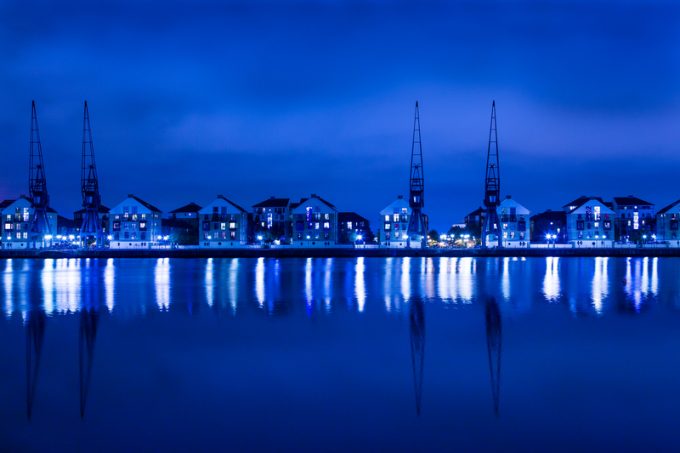Crane of thrones: CMA CGM + Westports or Hapag + Eurokai?
Ports are getting noisy
WTC: RIDE THE WAVEFDX: TOP EXEC OUTPEP: TOP PERFORMER KO: STEADY YIELD AND KEY APPOINTMENTAAPL: SUPPLIER IPOCHRW: SLIGHTLY DOWNBEAT BUT UPSIDE REMAINSDHL: TOP PRIORITIESDHL: SPECULATIVE OCEAN TRADEDHL: CFO REMARKSPLD: BEATING ESTIMATESPLD: TRADING UPDATEBA: TRUMP TRADE
WTC: RIDE THE WAVEFDX: TOP EXEC OUTPEP: TOP PERFORMER KO: STEADY YIELD AND KEY APPOINTMENTAAPL: SUPPLIER IPOCHRW: SLIGHTLY DOWNBEAT BUT UPSIDE REMAINSDHL: TOP PRIORITIESDHL: SPECULATIVE OCEAN TRADEDHL: CFO REMARKSPLD: BEATING ESTIMATESPLD: TRADING UPDATEBA: TRUMP TRADE

We love port cities at The Loadstar – the throng of different cultures from around the world mixing it up in an earthy entrepot; the seediness, corruption and sense of danger… Decades after shipping moved out of its river terminals, much of London still throbs with those undercurrents. But what are ports roles in the 21st century of smartphones and e-commerce, Uber and 3D printing, if any? Clue: it’s not more retail units, converted office blocks and luxury flats… This blog by Erasmus University’s Maurice Jansen, by courtesy of UPS’s Longitudes site, argues that as society moves away from fossil fuels and adopts the so-called circular economy, ports will remain fundamental economic drivers, as long as they adapt: “Why circular chains are so interesting for ports is because goods and assets like ships come, go and return back to ports multiple times. This puts ports are on the main arteries of circular chains. What do we need to do to adopt circular thinking? Quite paradoxically, we need the same change agents that shaped capitalism in the First Industrial Revolution: entrepreneurs.”


Comment on this article